Ever notice how some people like their leafy greens, while others refuse to eat them? This disparity may boil down to a particular gene inherent in some humans. Yes, you can blame science for it.
Cruciferous vegetables such as collard greens, turnip greens, and kale (more commonly known as the mustard family) contain a chemical compound called phenylthiocarbamide (PTC) as well as other bitter compounds related to PTC.
The ability to taste PTC is a dominant genetic trait. Depending on a person’s genetic makeup, PTC can taste bland, bitter or completely vile. It is estimated that about 75 percent of the worldwide population can taste PTC, and a general majority of these people are less likely to eat greens perceived to be bitter.
But does sensitivity to PTC automatically preclude you from liking bitter greens? Back in my sixth-grade science class, I was given a PTC taste test strip and remember the sharp bitterness tingling my tongue. But I grew up in an Asian household that often made delicious meals out of mustards like bok choy and daikon, so I became accustomed to those flavors. I actually find the “bitterness” to be a pleasant taste now.
So the next time someone says they don’t like broccoli or brussels sprouts, don’t fault them — it might just be in their genes! Unless, of course, they’re one of those anti-eat-your-vegetables type people… but that might be in their genes, too (oh, the complexities of genetic determinism!).
Pictured above: A big harvest of Southern Georgia collard greens, Russian Red kale, and Golden Globe turnip greens. A total antioxidant powerhouse in one basket!


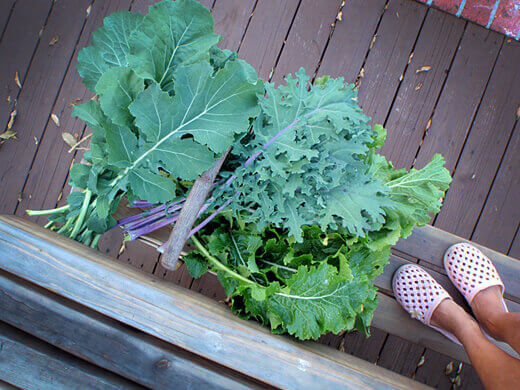
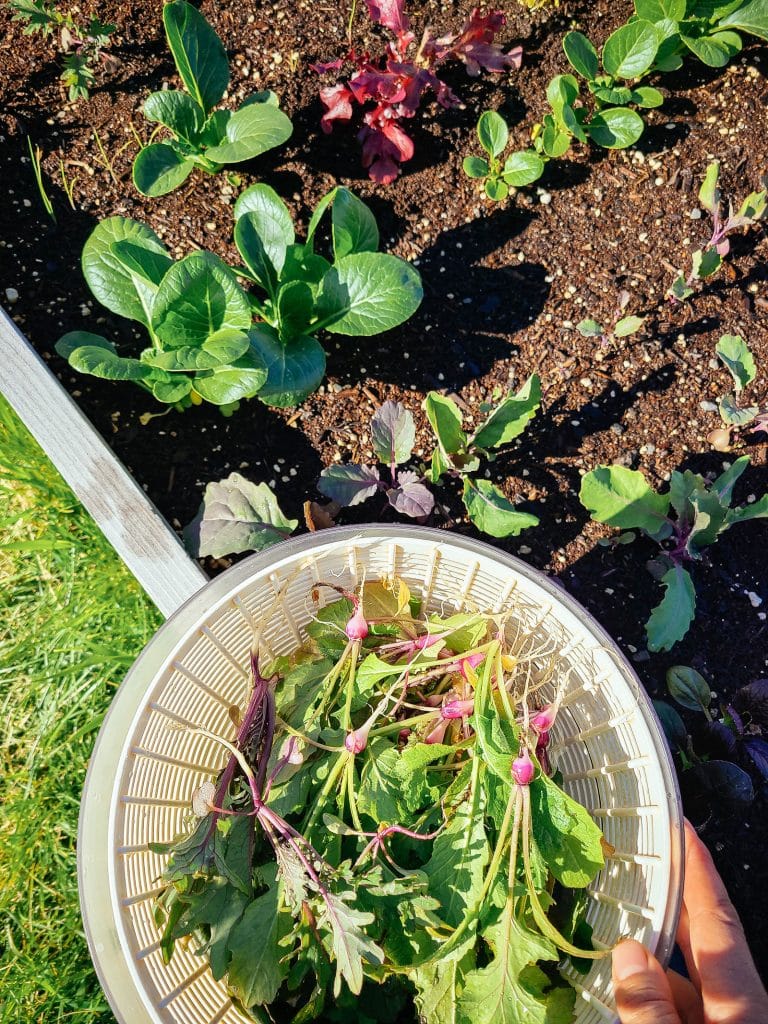
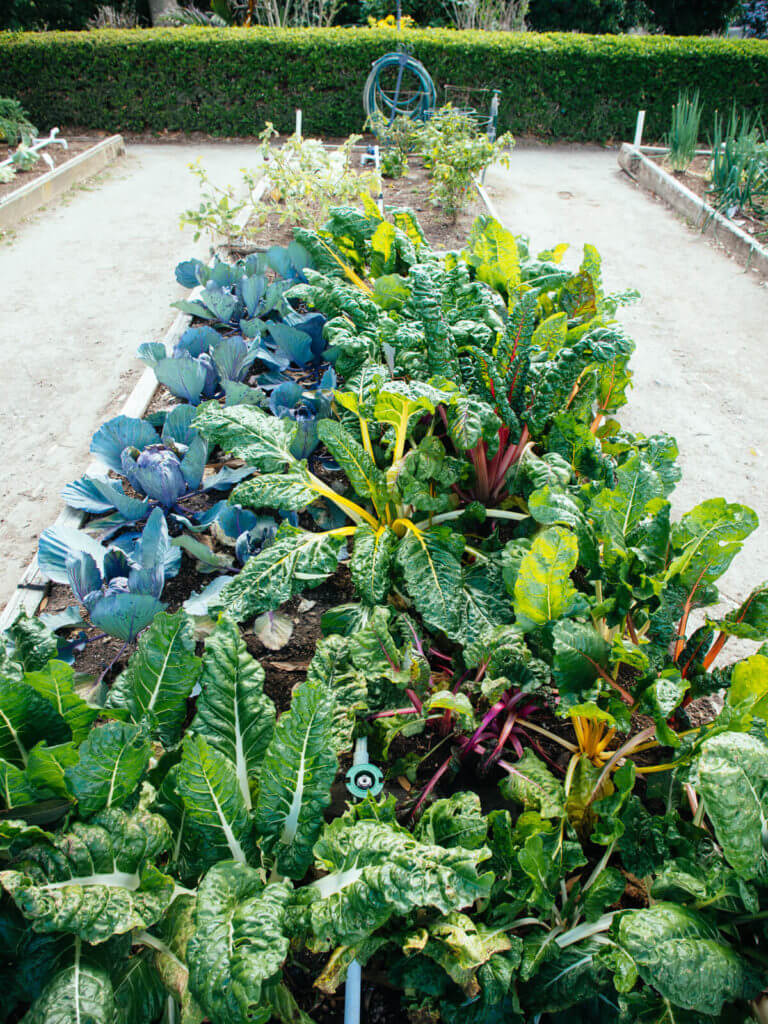
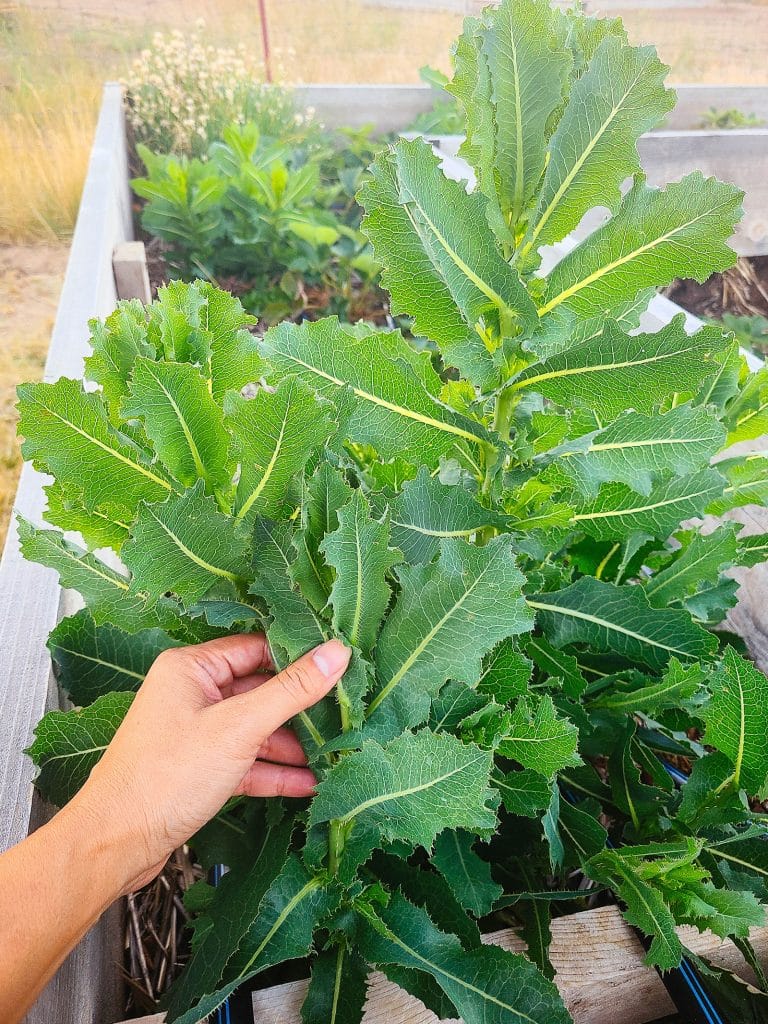



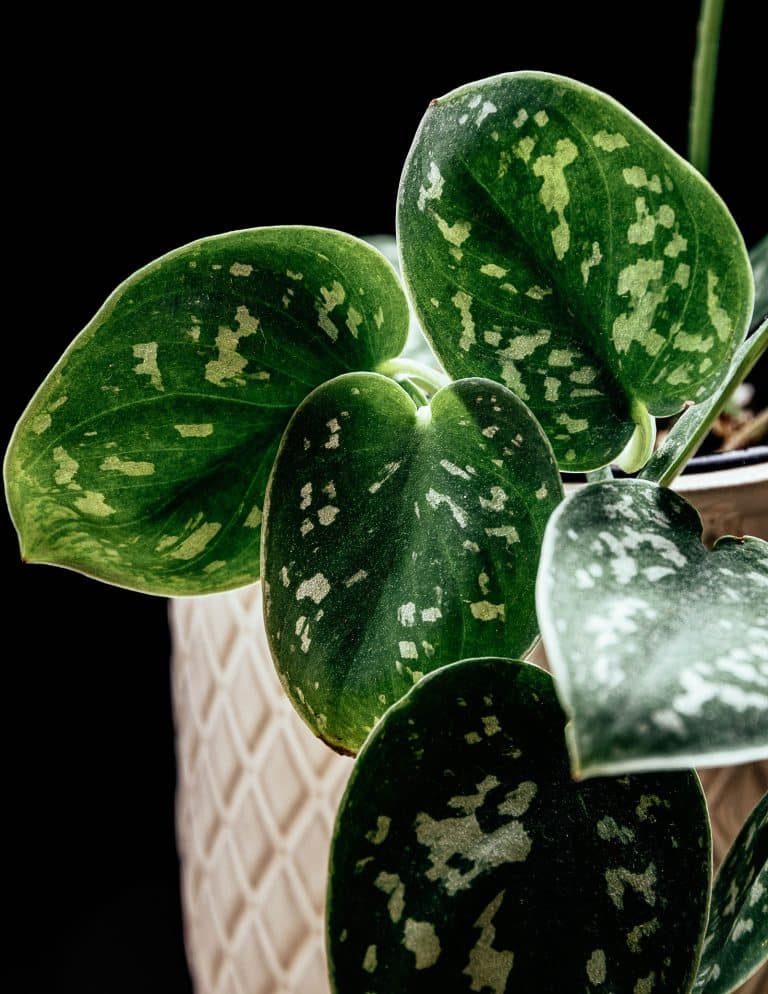

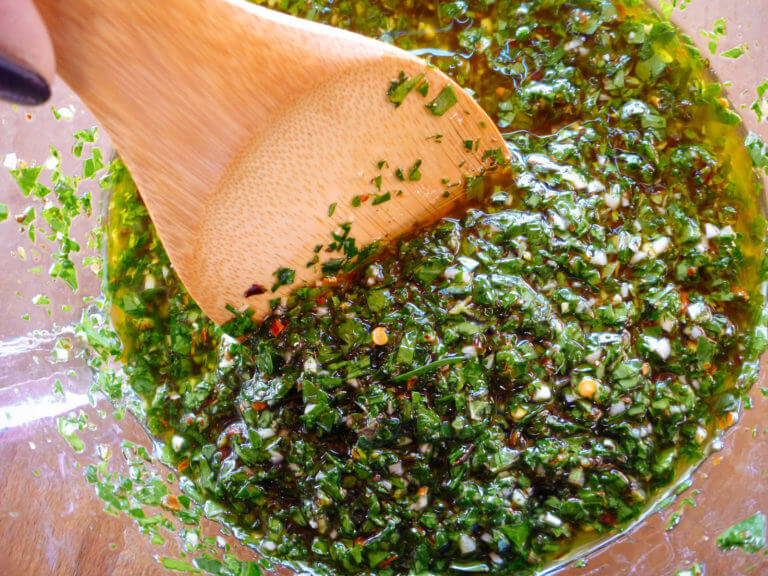
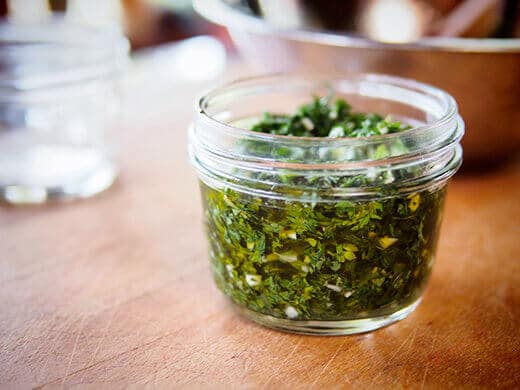

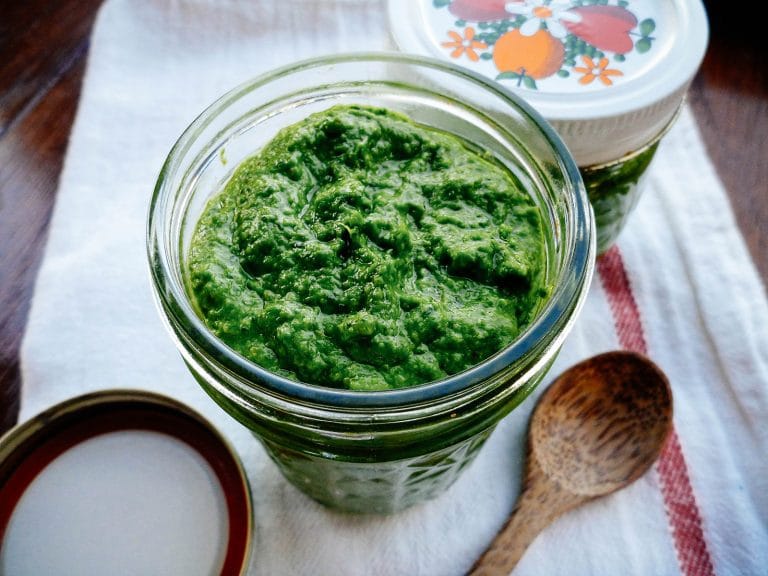

I always wondered about this. Half my family will eat greens, the other half hates them… even cooked with bacon! Maybe this is why.
Wait… I don’t understand. Bacon makes everything better! 😉
Who knew. Glad I have the Green Gene. Matti